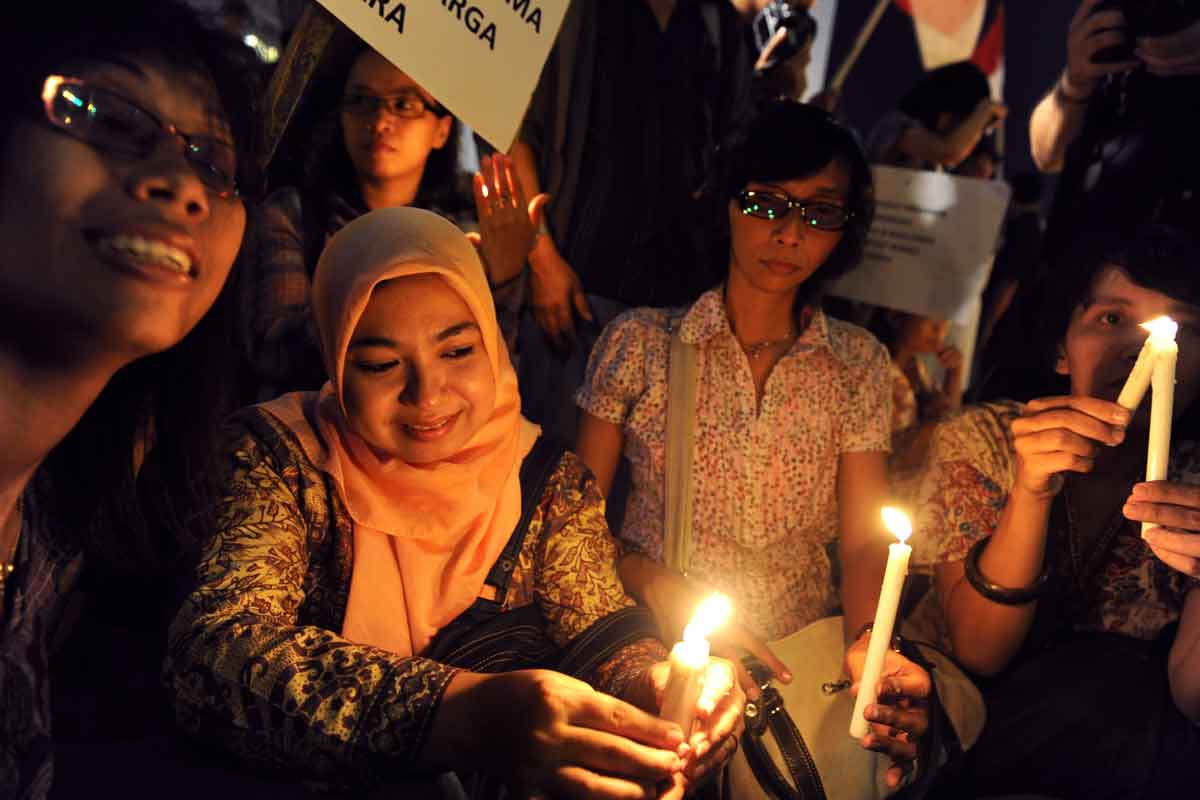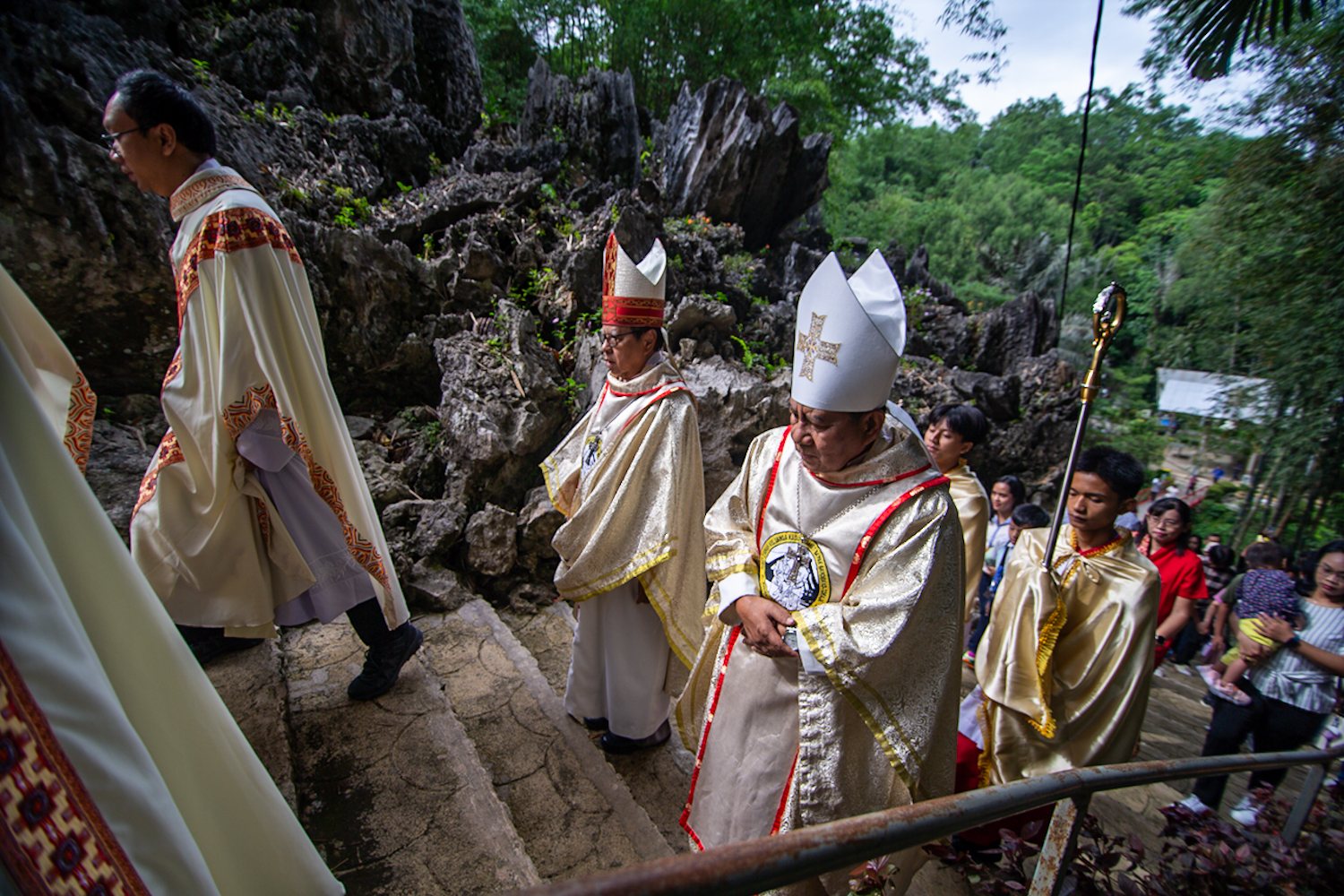Fighting for freedom of religious expression
Joaquim Magalhães de Castro
According to Malaysia’s official news agency, Bernama, Sultan Abdullah Ri’ayatuddin Al-Mustafa Billah Shah of Pahang, the current head of state of that federalist country, expressed concern over the age-old issue of the controversial use of the name of ‘Allah’ (God, in the language malaia) by non-Muslims, in the leader’s perspective, “not only a linguistic detail but also a matter of faith for the Muslim community”, hence that any persistent misunderstandings present, according to this statesman, a “serious risks for society”.
It must be remembered that in Malaysia, the head of state is chosen for a five-year term by the Conference of Governors from among the nine Malaysian states (out of 13 existing); and there the sultans are at the same time religious leaders. The eternal debate revolves around the Arabic word ‘Allah’, long incorporated into the Malay language but whose use by ethnic and religious minorities has been contested for decades by certain fringes of Muslim society, especially radical Islamic groups.
The most recent controversy occurred in the aftermath of the announcement made by the Federal Government, on May 15, that it would withdraw its appeal against a decision that allows Christians to use the word ‘Allah’, “including in their publications”.
A week later, in the same vein, Prime Minister Anwar Ibrahim guaranteed that the government would simplify “regulations regarding the use of the word ‘Allah’ by non-Muslims”. Probably, from now on the government will ban its use by non-Muslims in the peninsular states of Malaysia (where Islam is the majority religion) and allow it in the states of Sarawak and Sabah, located on the island of Borneo, where the bulk of the Christian community is located.
As early as 2009, a court banned Herald Malaysia, the country’s Catholic weekly, from using the term ‘Allah’ as a reference to “the Christian God”. The decision would be overturned by a higher court, which the government appealed. Since then, the issue has become highly politicized, exacerbating a debate that still rages on today. Over the last few years, several Muslim NGOs have promoted meetings, forums and online discussions in order to provide “correct information” on the subject.
However – they admit – it is an “uphill fight”, as the overwhelming majority of Malays maintain a rigid and schematic view of the Islamic creed. The challenge now, according to the leaders of these NGOs, is to “educate the masses” and promote religious freedom. They intend to sensitize the local Malay population to the fact that the word ‘Allah’ existed before the rise of Islam, and is therefore not exclusive to the Muslim majority of that Asian country.
Entities such as Sisters in Islam (SIS) and the Front for Islamic Revival (IRF) have launched initiatives on social media to promote accurate information “away from the ideology and propaganda of the government and extremist movements”. The campaign of these moderate groups comes at a critical moment in the history of the Christian community in Malaysia, which has long been the victim of targeted attacks that led to the indiscriminate burning of churches, the desecration of Christian tombs and the seizure of hundreds of bibles.
In the latter case, the violence was motivated by the inclusion of the word ‘Allah’ in an article in the Catholic weekly Herald Malaysia, a fact that would create strong controversy at a national level. Suri Kempe, SIS activist, recalls that the movement of which he is a part has used social networks “as platforms for discussion” hoping “that the people can understand the problem and form their own opinion” on the subject. The same argument is repeated by Ahmad Farouk Musa, leader of the IRF, for whom the support of Muslim movements for the Catholic Church’s right to use the word ‘Allah’ is a “quite difficult, but necessary” struggle.
Most Muslims in Malaysia, he adds, have been subjected to a literal and rigid teaching of Islam from an early age, with no effort to promote an intellectual interpretation of the sacred texts. In general, the religious view among Malays – says this moderate Muslim leader – is “orthodox and conventional”. There is no attempt to understand that the sacred text “has to be adapted to the 21st century”. These moderated groups organized forums and round tables to facilitate discussion, but the success of these meetings was always “meager” and their impact remains “limited to the most advanced urban realities”.
In Malaysia, a nation of more than 28 million people with a Muslim majority (60 percent), Christians are the third largest religious group (after Buddhists), with more than 2.6 million members. In the capital, Kuala Lumpur, among the 11 million inhabitants, 180,000 are Catholic. A Latin-Malay dictionary published in Malacca 400 years ago shows that the word ‘Allah’ was already used to describe the biblical God in the local language. Nothing new in the East, therefore.


 Follow
Follow


